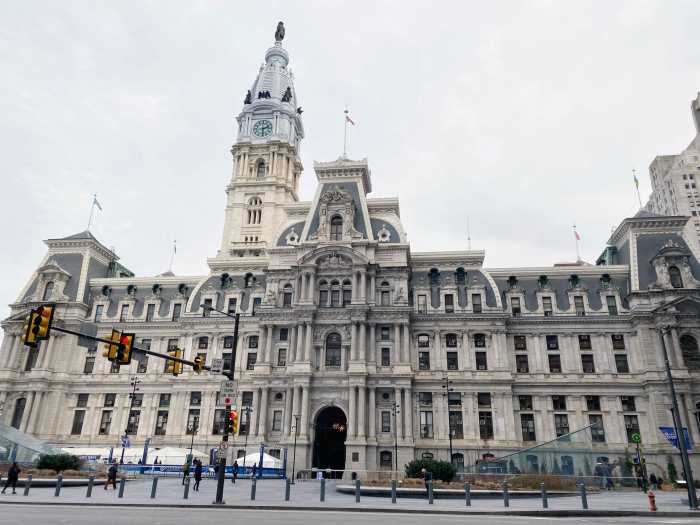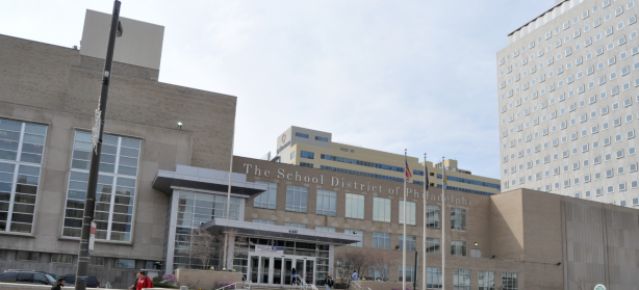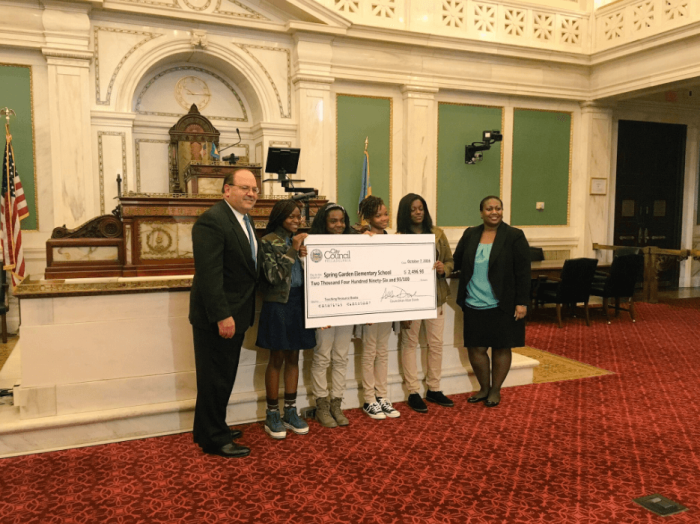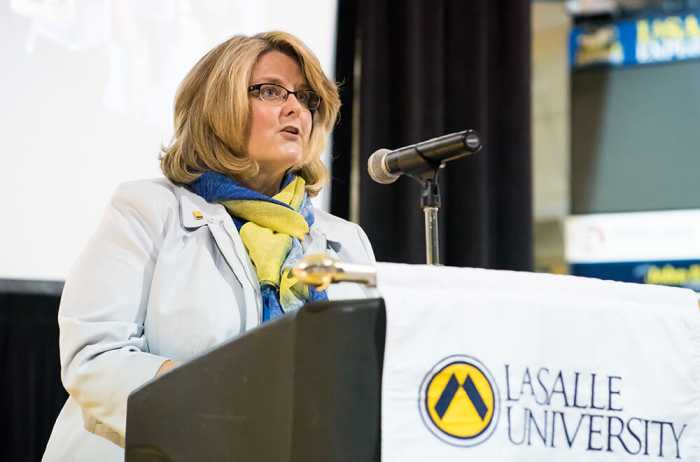Karen Campbell, a Black woman raising a biracial child in Philadelphia, discusses race and identity with her daughter in ways that are nuanced, developmentally appropriate, and grounded in fact.
An educator by trade, Campbell is a first-generation immigrant married to a white man from Pennsylvania who believes that everyone’s story is unique. Through candid discussions, she helps her daughter traverse two distinct life experiences in a country that prefers to put people into boxes, reinforcing in her a positive self-image.
So when Campbell hears the phrase critical race theory, a catchall admonishing critical discussion of systemic racism in America’s educational institutions being used as a political football by right-leaning activists, she feels gaslit. As a Black woman, mother and educator, Campbell sees the term — now spreading into a movement — as a dog whistle for those afraid to confront the country’s ongoing racial injustices.
“If we’re worried about how bad [teaching race and racism] makes white kids feel, think about what it feels like to be Black and have that be your lived experience,” Campbell said.
“Our kids don’t get a chance to wait and choose when they get exposed to the issues that surround race and identity,” she continued. “It happens immediate for them. And my daughter is included in that because, while she is a biracial child, she will always be Black at the end of the day.”
Not a year after the anti-racism conversations that followed the brutal murder of George Floyd, conservative activist Christopher Rufo countered with critical race theory, telling white rural and suburban parents of a plot by school systems to treat their children as oppressors. The idea, a framework for civil rights scholars to research and analyze racial injustice within the legal system, which is not taught in any K-12 schools in America, caught on like wildfire throughout the summer. GOP politicians used the issue to stoke anger at school board meetings, draft new laws that create fear in the classroom, and, in places like Virginia, win off-year elections.
While critical race theory may be the latest wedge issue propagandized as “state-sanctioned racism” in some conservative circles, many African American communities, including some in Philadelphia, see it as another in a long line of efforts to silence Black voices. According to Sharif El-Mekki, a former educator who’s the founder and CEO of the Center for Black Educator Development, critical race theory is not a new phenomenon.
“I think sometimes people get lulled into thinking that they overestimate progress and they underestimate white supremacy,” El-Mekki, who also runs the education blog Philly’s 7th Ward, said.
“You read about these Black educators over the years [and] you see that nothing is new under the sun — this is the same playbook,” he continued. “[We should] look backward so that we could move forward and that we make sure that we continue to learn from how our ancestors fought, resisted and re-imagined what society could be.”
As Temple University’s Dr. Charles Price notes, there’s no evidence for the conservative position that critical race theory creates racial division. Conversely, Price, an associate professor in the College of Education and Human Development whose research focuses on identity, race and social movement, takes issue with anyone who believes that the current uproar is central to America’s racial injustices. Race — not just racism — is woven into America’s history and its institutions, from Thomas Jefferson and Benjamin Franklin’s pseudoscientific theories of race to contemporary legislators who attempt to outlaw teachings about eugenics movements that informed the country’s racial hierarchies.
Price, a parent of a grown child, noted that concerted efforts to stifle conversation about race, such as the critical race theory movement, make heavy lifting for African American families.
“It’s like having the burden of being the one who has to point out what’s wrong and what’s not right,” Price said. “And by pointing those things out you upset people because then you’re blaming, you’re identifying victims, and so on.”
El-Mekki believes that educators, especially Black educators and those of color, need a solid community to help lead conversations about race in the classroom. Were he still in the classroom, he said, he would lead an age-appropriate discussion comparing images of parents screaming at school board meetings this summer to those of angry mobs during school integration efforts of the 1950s or school bussing riots of the 1970s. Karen Campbell holds age-appropriate conversations with her daughter at home because she knows as a person of color that she doesn’t have the privilege to opt-out of such discussions.
And for many Black Philadelphians, the fight against critical race theory isn’t something new. But, as one African American parent who asked to remain anonymous said, it’s another in a long line of battles from which they cannot back down.
“Again, CRT isn’t being taught in American elementary, middle, or high schools,” the anonymous parent said. “[Conservatives] are misappropriating it in an attempt to discourage teachers from teaching our youth anything about race, about the true history of the United States, the extent of white supremacy, entitlement and oppression. We mustn’t allow these racist provocateurs to rewrite history nor discredit or misappropriate valid academic discovery because, as evidenced by the redacted 1776 project, they prefer their American history served only on white bread with plenty of mayo.”































